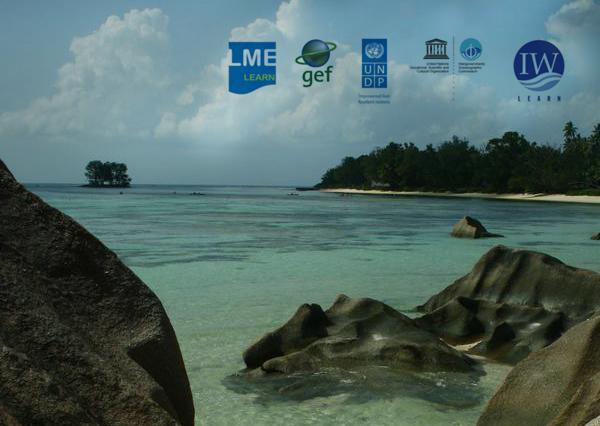Large Marine Ecosystems Approach: An Essential Management and Partnership Tool for Achieving SDG14 and Supporting the Decade of Ocean Science for Sustainable Development: A Side Event
Jointly organized by the United Nations Development Programme (UNDP), the Intergovernmental Oceanographic Commission (IOC) of UNESCO (IOC-UNESCO), and the IOC-UNESCO/GEF LME:LEARN and IW:LEARN Projects, this interactive side event will first, offer an introduction to the LME portfolio in the context of SDG14 (and other associated SDGs), highlighting such proven approaches that have succeeded in reversing large scale dead zones, moved global tuna stocks towards sustainability, reduced the impacts of shipping on the marine environment, and introduced integrated, ecosystem-based approaches to sustainable ocean and coastal management at both local and multi-country scales. It will explain the science of Large Marine Ecosystems and the types of science they can contribute to member states. The introduction will also celebrate the 35 years of science developed by LME projects and stakeholders.
The second, technical, segment of the session will focus on the SDG14 targets themselves, and how they can be achieved in the respective LME partnerships across the globe. The dialogue will feature representatives of IOC Member States in an interview-format, with questions about specific targets being posed by a moderator.
Finally, the session will close with an audience interaction and question/answer with LME project practitioners from various regions, countries and agencies. These discussants will include representatives from the Caribbean Sea, Canary Current, Benguela Current and Mediterranean Sea Large Marine Ecosystems. Each discussant will focus on the science their project has helped develop and how it might contribute to the Decade of Ocean Science for Sustainable Development.
For more information, please click here.



